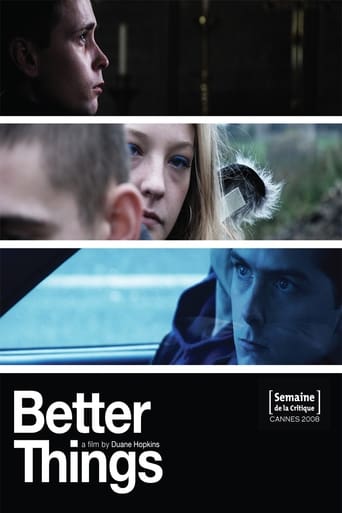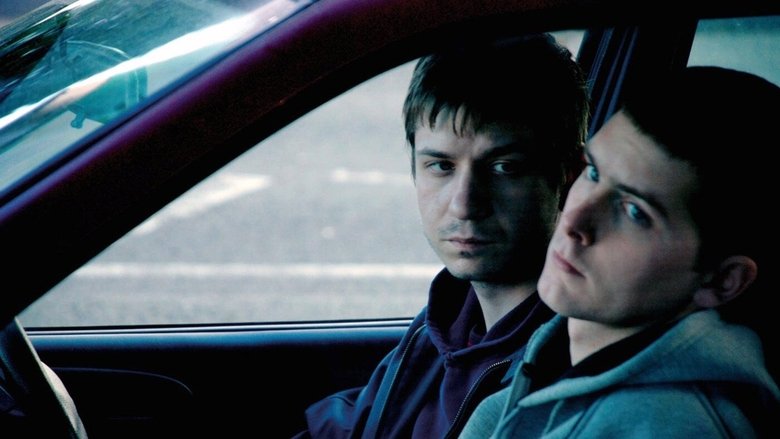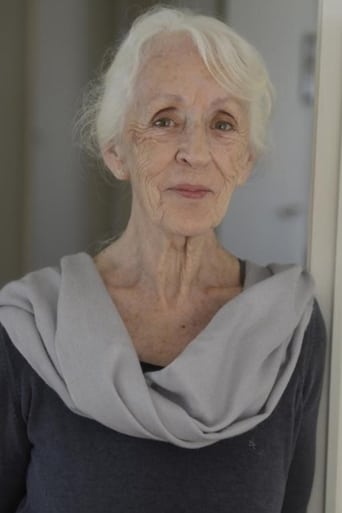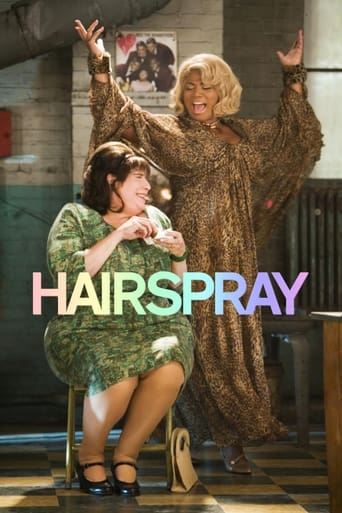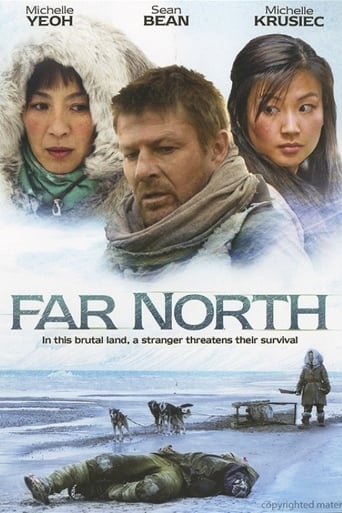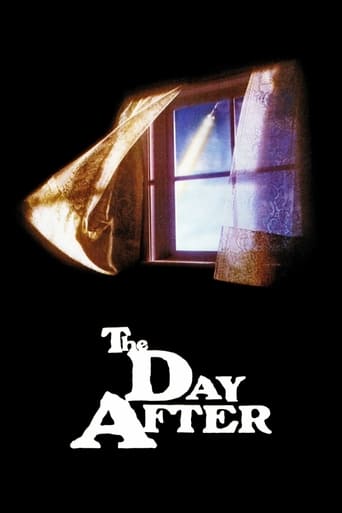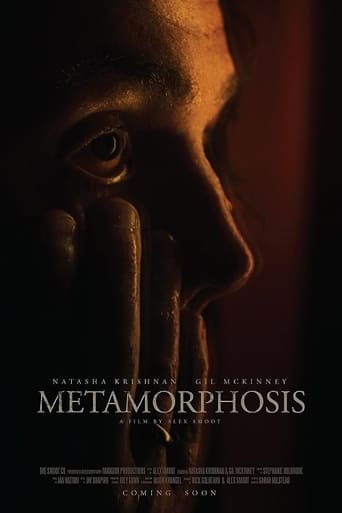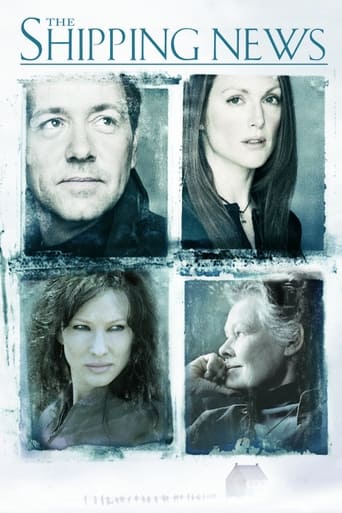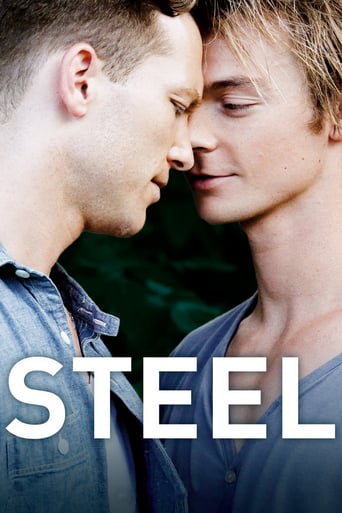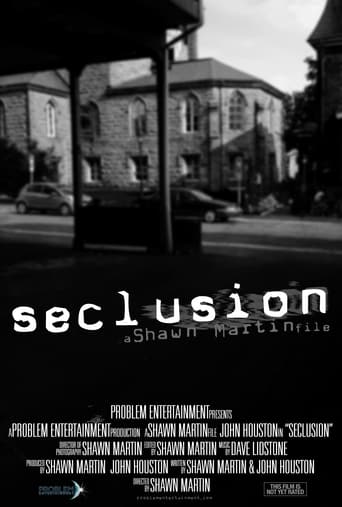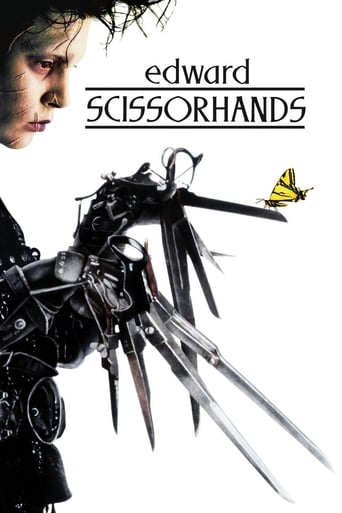Better Things (2008)
Gail's agoraphobia keeps her inside where she escapes into romance novels. She shares a house with her Nan, recently back from the hospital. Gradually, they both try to reach out to each other to break their isolation. Rob plunges further into his addiction as a way of numbing his heartbreak over the death of his girlfriend. In his stupor, he dreams of embracing her again. Mr & Mrs Gladwin are going through a shift in their 60 year relationship. Years of resentment and unspoken truths have built a barrier between them that Mrs Gladwin, in her abiding love, tries to erode in little gestures.
Watch Trailer
Cast


Similar titles
Reviews
The Worst Film Ever
Sadly Over-hyped
I don't have all the words right now but this film is a work of art.
Fantastic!
An utterly dark and depressing movie: which is also probably why I've enjoyed it so much... Its theme easily reminds us of "Requiem For A Dream" or "Trainspotting" (another British masterpiece); its heavy, discomforting atmosphere of deep sadness and unrecoverable loss, as well as its long, silent frames of bleak, grief-stricken faces, marked by unspeakable pain and suffering, are reminiscent of "Another Day"; and its overall "dragged out" or "self indulgent" artistic approach is evocative of "Elephant", or Bela Tarr's "Satantango". This film is nothing less than a raw and torturous foray into the very heart of darkness and despair; its main subject, as set forth in the very first lines of the movie, is nothing else than the excruciating agony of existence, from whose unbearable hollowness or emptiness the characters seek shelter in drugs, lust, or isolation. From this perspective alone, an obvious link can be drawn to Louis Malle's "The Fire Within", a masterpiece of the 1960's French New Wave cinema, or to its modern-day Nordic 'remake', "Oslo, August 31". Then again, it is obviously not a film for everyone, and neither are those mentioned above, to whom this movie is more or less comparable... After all, not everybody enjoys his or her cup of coffee dark, with NO sugar...
Three times i've seen this without being able to write about it. Watching it feels as painful as the pain its trying to show."It hurts when we love somebody. Because loving is a painful thing. That is its nature. Our loving is hurting us" reads dumpy adolescent Gail (what is the book? My guess is R D Laing) "Love hurts" is the over-riding (sometimes overbearing) theme of the film. The thematic treatment supplants any kind of plot or through-run story.Therefore condense drama to concentrate emotion: still the life, compose the frame, minimalise the dialogue. No panning or tracking or moving off with camera. Stay still. Be here. With this that hurts. The effect is to feel oppressively overloaded on monochromal, monotonal, misery.This is all stylistically engaging. Racing in the car fast down a dark country lane; all the sound is cut except for the 2 boys talking – like being immersed inside the bubble of them, cut off from the outside, focused right in to the heart of their isolation.Better Things is relentlessly, almost - courageously - grim. A lot of very miserable face going on. Faces without smiles, without warmth, lacking, unwarmed by love. Faces of lads are all so null and void its hard to distinguish one from the other.All is shadow and blue inertia, with very little light to provide contrast.This isn't so much about the perils of doing drugs. It's about how difficult it is to love when love feels out of reach. Deprived of love, life disappears, becomes denuded – gets gloomily unbearable. Seems to be the message.Disturbingly, the setting isn't inner-city London, Manchester – but the least place you'd expect to see urban anomie and alienation, – the supposedly "lovely" Costwolds.I'll be saving this film. Doubt I'll want to watch it another 3 times though.
...Bruno Dumont. I've read a lot of reviews lauding this supposedly great example of British art-house cinema. Even Sight and Sound made it film of the month. But the facts are simple, everything about it says the filmmaker is in thrall to the work of Bruno Dumont, particularly La Vie de Jesus and L'Humanite. And why not, they are magnificent films.Unfortunately it only goes to highlight the miserable state of British art-house and British film-making in general that this is held up as a fine example of it when all it does is rip off the style and downbeat content of Dumont's great works. For the unforgiving Northern France landscape of Dumont substitute the Cotswolds and you've got it.In fact its worth pointing out that the similarities in the prolonged static widescreen shots and the dull grey cinematography, so perfectly mimic L'Humanite especially that one would almost believe the filmmaker had had the audacity to give the colourist a copy of that film and then have him match the shots one by one.But no filmmaker could be that cynical or unoriginal. Could they? 2 stars for the perfectly copied photography.
When you were little, did you ever hide under the bedclothes? Pretend everything outside doesn't exist? And as a teenager. Hide your head in a pillow - after the broken love affair? And now?Duane Hopkins' first feature is bleak yet intellectually satisfying. Bookended with nothingness. Is that emptiness and the spaces in-between are they brought on by loss? Or is it a basic condition?Better Things uses narrative arcs but strips away story lines to make us examine such questions. Producing serious dramatic tension with such a bare palette is a remarkable achievement. Take Gail. She has agoraphobia. It keeps her indoors. Escaping within romantic fiction. Nan shares the same house. A world away. Mostly bedbound. Can their communication ever be more than, "a nice cup of tea?" Or Mr and Mrs Gladwin. Together for 60 years. Much of it unspoken. Or teenagers filling a sense of isolation with hard drugs. Maybe dying. More loss. A bridge no longer crossable. Tess, dead in the opening scene. A needle still stuck in her arm. Lost souls on a sea of oblivion. Each crying out with the tiniest of lights, the tiniest capacity for love. A still breath in the vacuum.No trite 'love is the answer' will catapult this film to fulfil any needs for feelgood fantasy. Surprising perhaps, when love is very central to the film. Says its director, "It is of course what all of them are looking for, it is what they want and need, as we all do. But it is more complex than just finding it and receiving it, it is about whether you can accept it. Either because it seems impure or compromised from this person or you feel not deserving of it yourself. The emotion has a huge value to them but it does not mean that it can solve everything for them. It is not just love that they crave; it is security, safety, and validation of their own worth. They need to feel that they have a greater responsibility."A penetratingly realistic approach, combined with avant-garde technique in composition and structure, gives Better Things its weakness and strength. I cannot imagine it satisfying mainstream audiences, even before we come up against graphic drug use (and some of the actors are former users). I was feeling ready to dismiss it. But then it comes together so coherently. Hopkins is no dilettante parading style over substance. He picks a complex, abstract idea as his theme. He obsesses (in a good way) about theme over story. More mainstream film-making would parade its 'themes' yet coyly duck real concerns.In that great film, The Diving Bell and the Butterfly, for instance, a 'theme' of 'being trapped' is approached by comparing a quadriplegic, a Beirut hostage, and an old man with problems navigating stairs. We could feel some artistic elation at perceiving the 'underlying message'. But in fact the audience was free to ignore such subtlety by concentrating on life-stories, beautiful photography, and enjoyable emotions overcoming extreme adversity. Such niceties play to the desire to be entertained without recognising the mundane misery of being trapped - much less the possibility of better things for most mortals."I'm interested in what the story represents," says Hopkins. "The more story you remove, the more theme is left because the audience has to work harder." And the more I thought about it, the more it made sense. As long as the director isn't being deliberately obscure (and this one isn't), there's a sense of achievement and understanding which is a pay-off for the effort. Individual characters have limited relevance to our own lives. But the theme is usually more universal. By working on it we also make it something we own. And if Hopkins can go on to 'even better things still', then theatregoers may be treated to his examination of other deep issues. Will this bold approach take wings like Godard or will Hopkins remain welded to rural grunge?Regarding the structure of the film, he says, "The drama in Better Things comes from a gradual build up of scenes that relate to, and complement each other thematically and build an impression of an area, it's inhabitants and their individual stories through these sequences." As a setting, it also becomes the unifying element, where lives are probably shared even if not in the narrative. Better Things is set in the Cotswolds. This 'Green and Pleasant Land'. The England most city-dwellers romanticise. The England where country-dwellers increasingly find themselves marginalised.Isolation is cleverly emphasised with neat stylistic touches. An almost total absence of panning and tracking shots gives the impression of a gulf between each mise-en-scene. There is a lack of camera movement, just as subjects find it hard to move towards each other, physically and emotionally. The stillness, the inability to move forward, seems to overpower everything else. And, when two boys are driving in a fast car, the soundtrack suddenly blots out the loud engine sound, leaving only their words and inner reality. An inner reality perhaps plunging headlong to the abyss.I am neither a celebrity or a drug addict. Probably like you, I try to find better things. Maybe it's in the simple joyous laughter of a friend as we share a glass of crisp wine. Birdsong outside my door reminding me of the countryside. The rustle of wind in the trees somehow recharging my batteries. Or the warm smile and embrace of a lover. Even if the affair is only desultory. We long for better things. And the empty space in which they are found remains a mystery. Someone asks, do I use films as an escape? If I do, creative films of this calibre risk giving Britain a good name.

